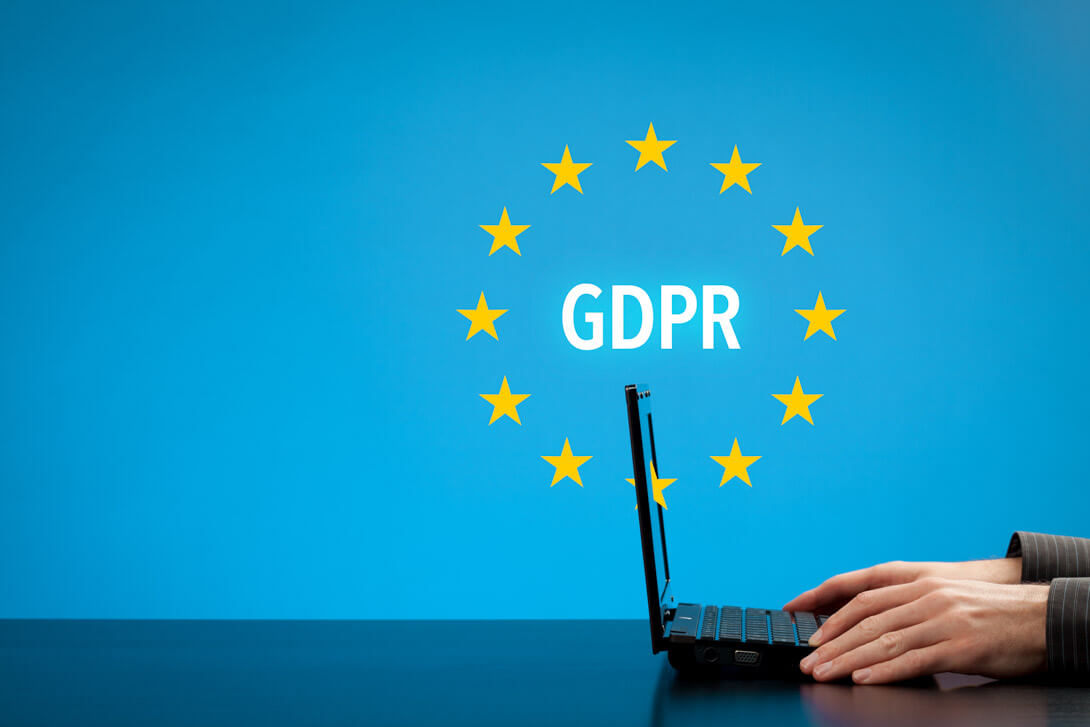The General data protection regulation that became enforceable on May 25, 2018, has renovated the interest in cloud security spending. Gartner assumes that it will cause 65% of purchasing decisions associated with data loss prevention 2018. The major focus of GDPR compliance is to protect the information of European citizens, which is stored in industries for business growth. Now a question arises that how is EU general data protection renovating data protection practices in today’s scenario? The purpose of living this web post is to give a descriptive answer to this question so as to assure businesses that it is for their positive sake, not for increasing their workload.
Consumer Privacy Act in the U.S.
Taking inspiration from GDPR policy standards, the United States is creating new laws. The Consumer privacy act 2018 of California gives Californians the same sort of rights that are enjoyed by European Union citizens – particularly, the Data subject access request. A prediction has been stated that till the year 2020, companies that are controlling or processing personal records of US citizens will be compelled to give information of a current working employee on customer’s demand. Like the EU GDPR compliance, the upcoming legislation of California does not request for the data subjects to have a physical presence in the state.
The legislation of Colorado is thinking of passing a bill, which would demand entities to execute and hold “reasonable protection processes and principles” to secure “personal identifying data” of Colorado citizens. Also, the bill is trying to explore the “personal record” definition and aims at changing policies on the basis of breach notification. Nationwide, the consumer privacy act of the US will provide industries thirty days for reporting a leakage, after its occurrence. However, the European law provides only 72-hours for the same purpose.
Data Protection Bill in the UK
The government of the United Kingdom is also in the line of renovating data protection practices. The UK information commissioner has observed that information security and privacy rules are now at the top of the UK’s public consciousness. After Brexit, a new data protection bill is drafted for maintaining it in part with GDPR protection, where the UK is no longer a member of the EU.
Privacy Act in Australia
Alike GDPR compliance, the privacy act targets consistent privacy regulation across the entire nation. It enforces a robust mechanism for data compliance. It seems at facilitating the free flow of data in external boundaries of Australia and assures respect for user’s privacy. All the objectives stem from Australian privacy principles that oblige information controllers for personal data management in an “open and transparent manner”. It also involves the demonstration of compliance with all basic principles focusing on the act. Despite the core aspects like breach notifications, “serious harm” decoration, or reporting requirements, the data protection practices of GDPR and Australia are in the same direction.
Federal Data Protection Law in Mexico
The data protection principles in Mexico is almost indistinguishable from the European Union GDPR. Miguel Recio, the Master of Laws in Data Protection posted on the ‘International Association of privacy professionals’ that “Mexico is living a vibrant moment in data security. ‘Accountability’ is core for robust and effective data governance, and the data controllers in Mexico and EU are now sharing this same principle.” Both the European Union and Mexico demands data controllers to demonstrate compliance with the laws of data privacy in a proactive manner. Both are having procedures in the place for measuring and responding to new technologies that expose users to risk. Also, both demand for the data controllers to gain and implement best data protection practices to secure personal information.
PIPEDA Act in Canada
by the policy standards defined by the Canadian personal information protection and Electronic Documents Act. Yet the industries of Canada are dealing with the personal records of EU citizens, which simply states that it is compulsory for them to comply with GDPR. It is so because unlike the local legislation of Canada, the European law secures European union citizens’ personal information from internal and external boundaries of the union.
Core Aspects – Accountability, Consent, & Reporting
The GDPR compliance is modifying the way of working with online business data all around the world. It concentrates on providing a unified framework for the data protection of EU residents. It not only enables businesses to work with customers’ data in a secure manner but also gives assurance to the citizens that their data is completely secure in companies. In today’s date, GDPR has inspired many of the nations to work on their data protection practices. Industries that are dealing with EU customers’ data, do not have a single choice to work without GDPR compliance. If someone tries to do the same, it’s a big warning for them!

